What’s Really Behind Your Cat’s Nighttime Zoomies?
Has the thunderous gallop of your feline friend racing through the house at midnight ever jolted you awake? You’re not alone. Many cat owners experience these nocturnal energy bursts, often called the “zoomies.” Although your cat may appear to be preparing for a late-night track meet, this behavior is more complex than it first appears. Here are the intriguing reasons behind your cat’s nighttime antics
Energy That Needs Releasing
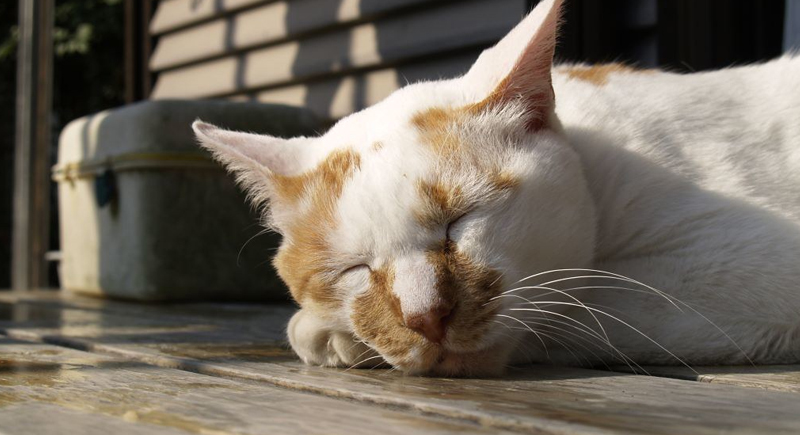
Credit: flickr
A long nap during the day often leads to frantic movement at night when the cat’s body craves activity. Give them interactive toys that encourage movement while you’re busy. Cat wheels, tunnels, and multi-level climbing spaces provide outlets for excess energy. Engaging them in vigorous play for at least 20 minutes before bedtime makes a big difference in nighttime behavior.
Bright Lights Keep Them Awake

Credit: pexels
Artificial lighting interferes with cats’ natural rhythm and makes them feel like nighttime is still active hours. Too much screen time, bright LED lights, or outdoor streetlights shining inside disrupt their sleep cycle. Dimming the lights in the evening and keeping their sleeping area dark encourages rest when it’s nighttime. Blackout curtains, soft lighting, and a cozy bed can also help them wind down.
Instincts Make Them Hunt
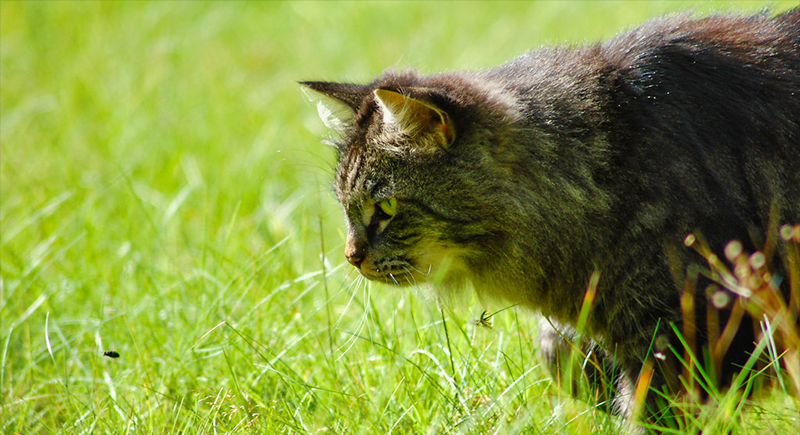
Credit: flickr
Cats are born hunters, and zoomies are often a reenactment of chasing prey. Without an outlet for this instinct, they might turn your furniture into an obstacle course. Interactive feeders, battery-operated toys that mimic prey, and scheduled evening play sessions satisfy this need. Games that involve pouncing, stalking, and chasing help redirect their energy into constructive activities.
New Scents and Sounds Disrupt Sleep
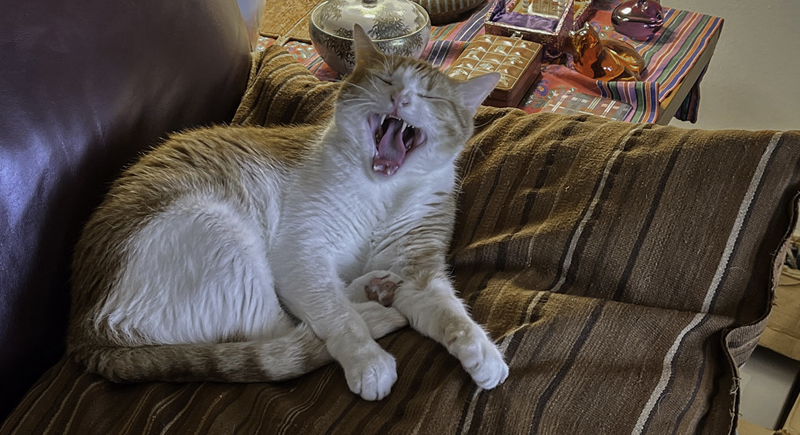
Credit: flickr
Even the most minor changes in their environment throw off a cat’s nighttime routine. A new candle, rearranged furniture, or an unfamiliar visitor might make our furry friends uneasy. Pheromone diffusers help create a calming atmosphere. Leaving a familiar blanket or one of your worn shirts where they sleep offers comfort. It’s easier for them to relax when their environment is more predictable.
Trying to Get Your Attention
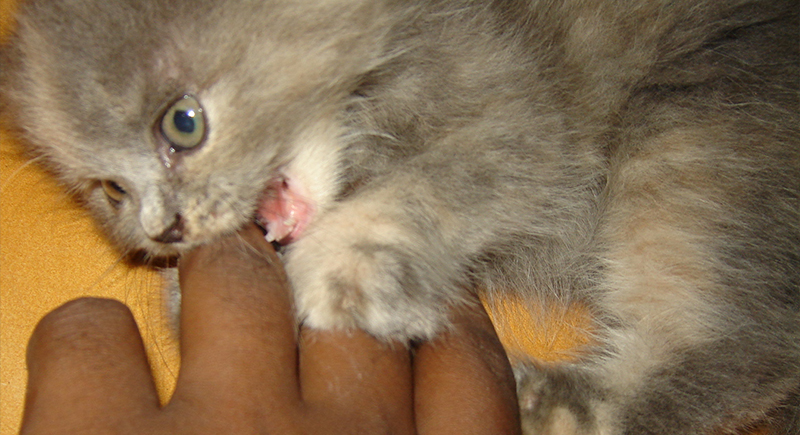
Credit: Wikimedia Commons
If cats learn that zooming around gets a reaction, they keep doing it. Any response reinforces the behavior, whether you’re laughing, scolding, or chasing them down. The best way to discourage nighttime antics is to ignore them. Give attention when they’re calm and reinforce positive behavior with rewards like treats or cuddles only at appropriate times.
Hearing Every Tiny Noise

Credit: pexels
A cat’s hearing is more sensitive than a human’s, as it picks up sounds we don’t notice, like distant sirens, tiny insects, or the hum of appliances. These unfamiliar noises trigger curiosity or excitement. White noise machines or soft classical music help mask background distractions. Providing a covered or enclosed bed can also help create some security that encourages uninterrupted sleep.
Household Routines Spark Energy

Credit: pexels
If you’re active in the evening, cats naturally assume it’s also time for them to be active. Cooking, TV sounds, and phone conversations signal excitement instead of rest. Creating a separate, quiet space away from household noise helps them settle. Offering a late-evening snack also reinforces that the night is for relaxing rather than running wild.
Health Issues Could Be a Factor
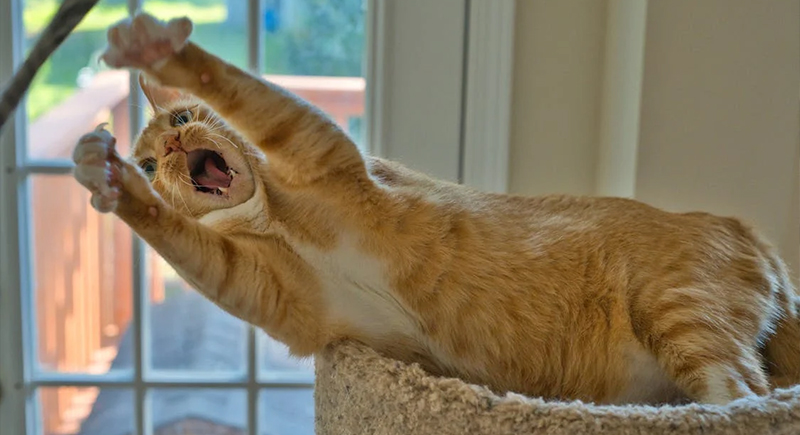
Credit: pexels
Sudden hyperactivity or unusual nighttime behavior may indicate underlying health issues like hyperthyroidism or arthritis. Increased movement could be the cat’s way of coping with discomfort. A vet visit can determine if there’s a medical cause behind the zoomies. If pain is a factor, joint supplements, soft bedding, or a modified diet may help improve their comfort and sleep quality.
Stress Creates Restlessness
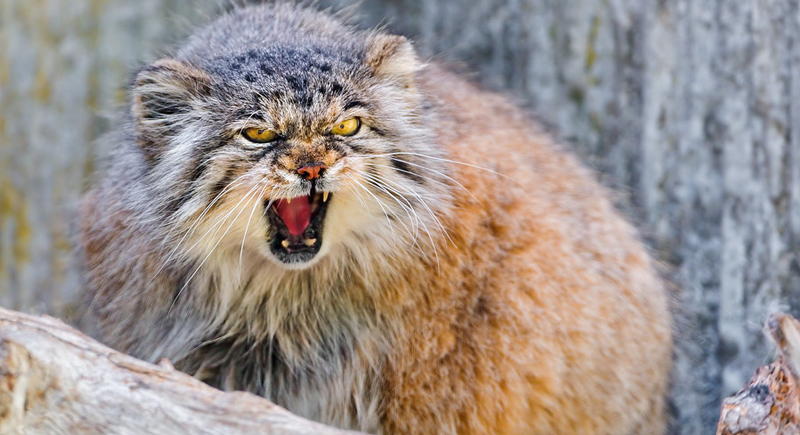
Credit: flickr
Anxious cats often become hyperactive when they don’t know how to process their emotions. Changes in routine, new pets, or unfamiliar people make them uneasy. Providing safe spaces, vertical climbing options, and interactive play reduces stress. Pheromone sprays, calming treats, or extra affection before bedtime help create a soothing environment where they feel more secure and less prone to frantic behavior.
Moon Phases Might Affect Them

Credit: flickr
Some cats show increased activity during full moons, possibly because of the brightness or an instinctual reaction to lunar cycles. Tracking these patterns can provide insight into whether their zoomies coincide with certain moon phases. Keeping the house darker during bright nights, closing curtains, and engaging them in structured play before bed may help reduce their restlessness on these nights.
Other Animals Get Their Attention
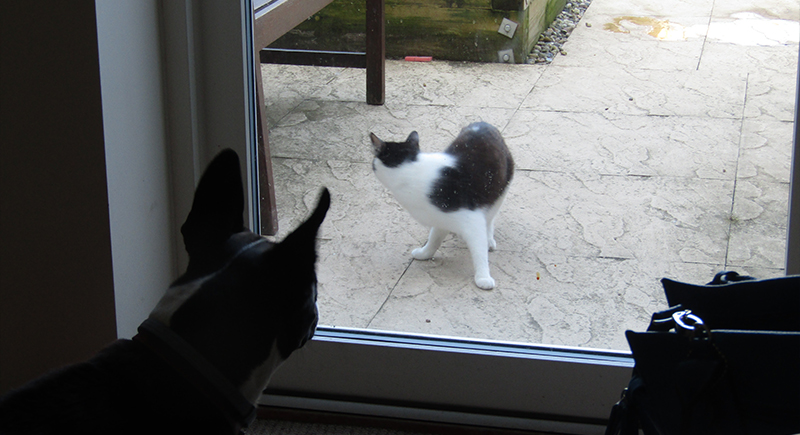
Credit: Wikimedia Commons
Cats react strongly to the sounds and scents of other animals. Stray cats passing by, birds fluttering outside, or distant barking can trigger zoomies. Closing blinds and sealing off areas where they see or hear outside animals reduces distractions. If outdoor noises are problematic, white noise machines or calming background music can help drown out stimulating sounds.
Changes in Routine Affect Them
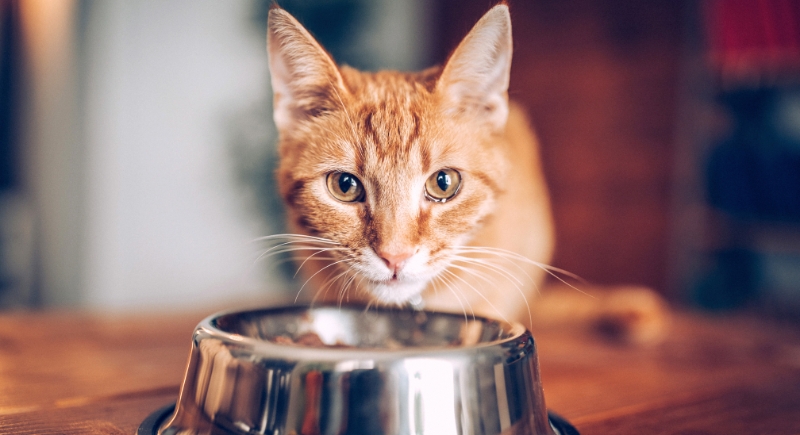
Credit: Getty Images
Even small schedule shifts—like feeding time adjustments, vacations, or a change in work hours—can throw cats off. They rely on consistency to feel secure, and disruptions lead to bursts of energy at odd hours. Sticking to predictable routines as much as possible and gradually adjusting any changes over time helps keep their sleep patterns stable and their energy levels balanced.
Post-Litter Box Euphoria
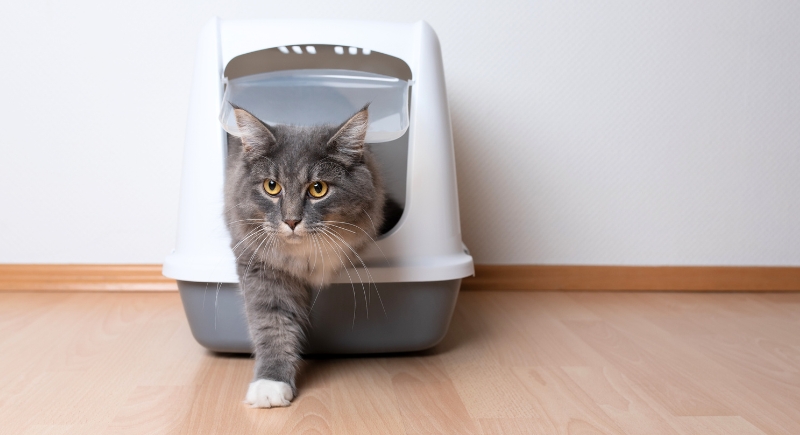
Credit: Getty Images
Some cats tear through the house right after using the litter box because relief triggers a burst of excitement. The sudden comfort, plus the instinct to leave waste behind, can spark a victory lap. This zoomie sprint is a natural reaction that helps burn lingering tension from the bathroom experience.
Fleas or Skin Irritation

Credit: Getty Images
Itchy skin from fleas or allergies can send a cat bolting around at night in frantic bursts of motion. The sudden zooming is a response to discomfort they cannot reach. Treating parasites and soothing inflamed skin often reduces this restless energy by easing the irritation that keeps them awake.